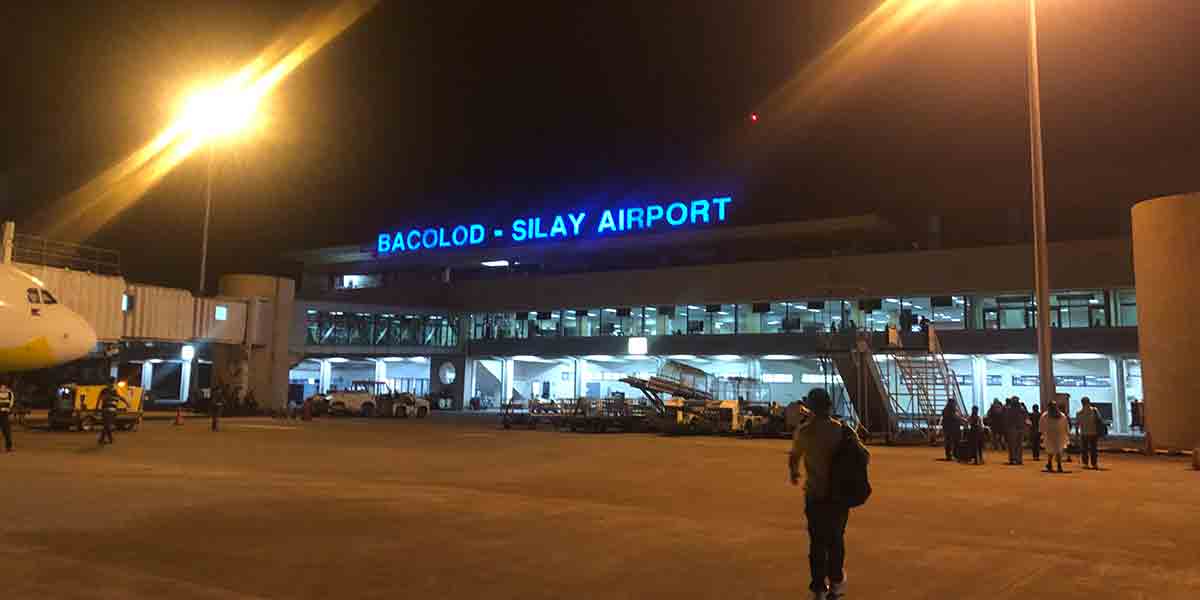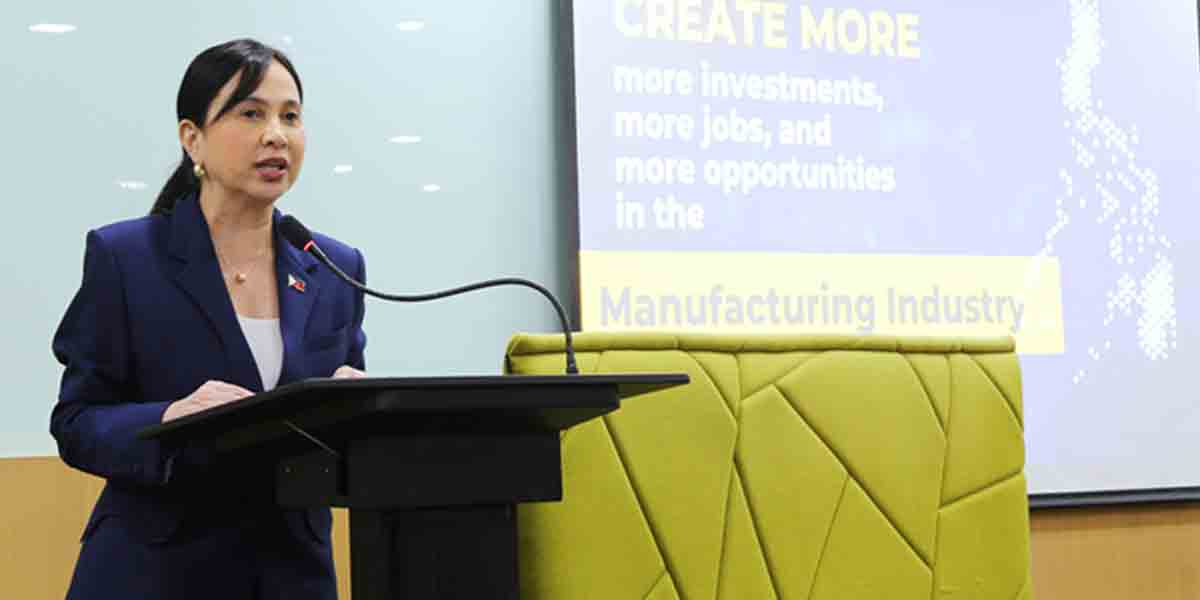The National Food Authority (NFA) significantly increased its rice buffer stocks and reduced its financial deficit in 2024, marking a major turnaround amid leadership changes and ongoing investigations.
The agency, under the Department of Agriculture, announced that as of February 2025, it had amassed a palay inventory of 399,701 metric tons—equivalent to nearly 8 million bags—enough to cover eight days of national rice consumption in an emergency.
This is a sharp improvement from just one day’s buffer stock recorded before the appointment of new NFA Administrator Larry Lacson.
The gains come despite internal challenges, including an Ombudsman investigation that led to the suspension of 139 NFA officials and employees for alleged irregularities.
To address procurement issues and compete with private traders, the NFA Council, chaired by Agriculture Secretary Francisco P. Tiu Laurel Jr., raised the agency’s palay buying price from PHP16–23 per kilogram to PHP17–30 per kilogram.
The price adjustment was a “pivotal decision” that encouraged more farmers to sell their harvest to the agency, according to NFA officials.
Administrator Lacson credited the improved buffer stock to this policy change and pledged to sustain reforms aimed at restoring the agency’s credibility.
“We are committed to restoring public trust and transparency,” Lacson said, noting that administrative and criminal cases are being pursued against erring officials.
On the operational front, the NFA launched several cost-saving and modernization initiatives.
In 2024 alone, the agency avoided an estimated PHP631 million in expenses, aided by the introduction of the Buffer Stock Incentive (BSI) under the PRICERS program and a “less movement” policy that reduced transport and warehousing costs, saving an additional PHP172.3 million.
These measures helped cut the agency’s deficit from PHP6.097 billion in 2023 to PHP3.753 billion in 2024.
To minimize post-harvest losses, the NFA is also implementing the Masagana Agri-Food Infrastructure Modernization Program (MAFIM), a multibillion-peso initiative that aims to reduce wastage by up to PHP10 billion annually.
MAFIM is a legacy project of President Ferdinand Marcos Jr. and Secretary Tiu Laurel, designed to benefit farmers and consumers alike through modernized rice processing and storage facilities.
Secretary Tiu Laurel emphasized the need to restore the NFA’s regulatory powers to manage rice stocks more effectively.
“We simply cannot fight these battles with one hand tied behind our backs,” Tiu Laurel said.
“Despite the amendment of the Rice Tariffication Law, the NFA still lacks authority to import grains or directly sell rice to the public.”
He warned that market interventions would remain limited without legislative support to reinstate the agency’s full mandate.
In a push to improve efficiency, the NFA also signed 543 personnel appointments as part of its organizational restructuring and introduced regulatory reforms to streamline palay procurement.
A new fast-lane service for small-scale farmers and the elimination of re-bagging for 20 percent of procured palay are expected to save over PHP215 million in operational costs.
To address logistics gaps, the agency plans to acquire 90 new trucks in 2025, with 150 more set for 2026.
These will help ensure timely collection of palay from farmers, especially in remote areas.
Looking ahead, the NFA targets the procurement of around 880,000 metric tons of palay in 2025 to meet a buffer stock requirement of 555,000 metric tons—equivalent to 15 days of national rice consumption.
With renewed leadership, stronger procurement capacity, and a focus on institutional reform, the NFA is repositioning itself as a vital player in the country’s food security strategy.





















